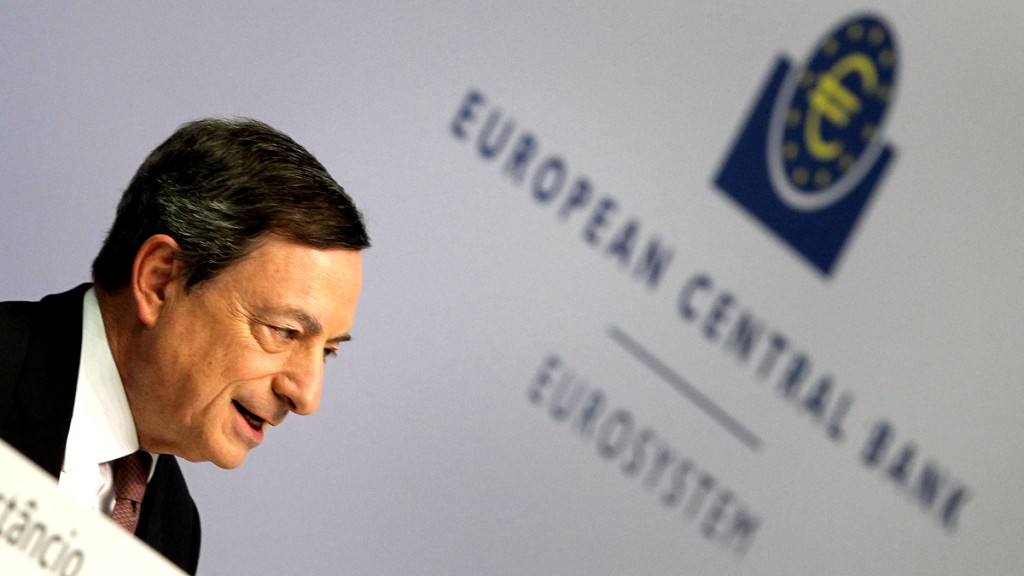
This week Reuters told us that one of Germany’s biggest banks is considering “storage alternatives” for its cash. Instead of holding it at the European Central Bank (ECB) it is considering holding it, because it doesn’t like paying the negative interest rates its central bank charges.
A rate of -0.4% doesn’t sound much, but if you have enough cash it adds up pretty quickly. And, says Commerzbank, that is eating into the firm’s profits. So it makes sense to think about renting a few vaults of its own to lock the stuff up in instead.
It isn’t the only financial institution thinking this way: insurance firm Munich Re has been buying gold and increasing the amount of physical cash it holds, while numerous other firms have been thinking about how best to avoid the ECB’s charges too.
This is all horrible news for the ECB. Its plan was always for financial institutions to work really hard to avoid paying negative interest – just not like this. Under its plan, the banks weren’t supposed take their cash out of the ECB and store it in big metal boxes under their buildings. And they most certainly weren’t supposed to buy gold.
No, they were supposed to get lending – and along the way drag Europe out of its funk into a happier world of high-ish GDP growth. Whoops.
So what next? Right now, stashing cash outside the ECB is unlikely to make a huge difference to the banks (you still have to pay for security and insurance – and safes are super expensive). But this is something of a warning shot for the negative interest rate enthusiasts. People react to incentives – and not necessarily in the way that you want them to.
If the ECB has any plans to cut rates further (which doesn’t seem that great an idea to us) it’s going to have to think about bringing in limits on the amount of cash banks – and eventually people – are allowed to hold (which seems a really, really bad idea to us).
This is the greatest monetary experiment in history. I think it is fair to say that it isn’t going that well so far.